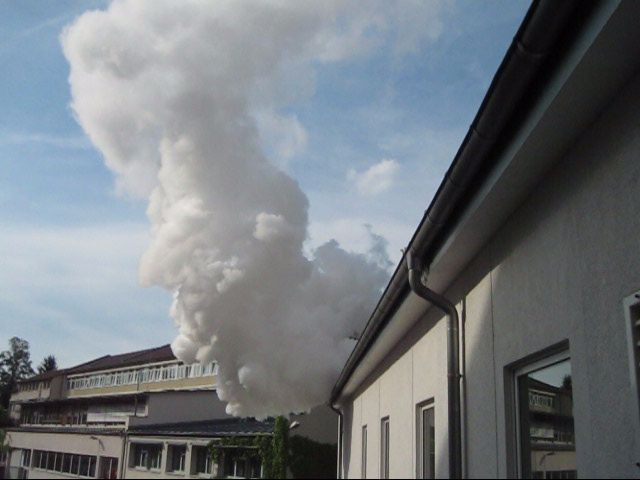Core-Facility
The Laboratory for Multimodal Neuroimaging also serves as one of the University of Marburg’s official core facilities (“Core Facility Brainimaging”). It provides access to state-of-the-art neuroimaging technologies for both researchers within the University and external collaborators. The laboratory is equipped with a 3-Tesla MRI scanner (GE Signa Premier), two EEG systems (including one MR-compatible unit), and several MR-compatible eye-tracking devices. In addition, it offers a dedicated computing infrastructure for long-term data storage and advanced imaging data analysis.
Our mission is to provide a modern, service-oriented neuroimaging environment and to foster interdisciplinary exchange, thereby promoting integrated approaches in cognitive neuroscience.
Accordingly, our services – delivered by an experienced team of physicists, computer scientists, radiographers, and system administrators – extend beyond routine scanner maintenance and regular quality assurance. We also support researchers in planning and setting up imaging studies, selecting and implementing appropriate MRI protocols, training users in equipment operation and safety procedures, and assisting with data acquisition and analysis. For a detailed overview of the Core Facility’s services, see Core Facility Services.

